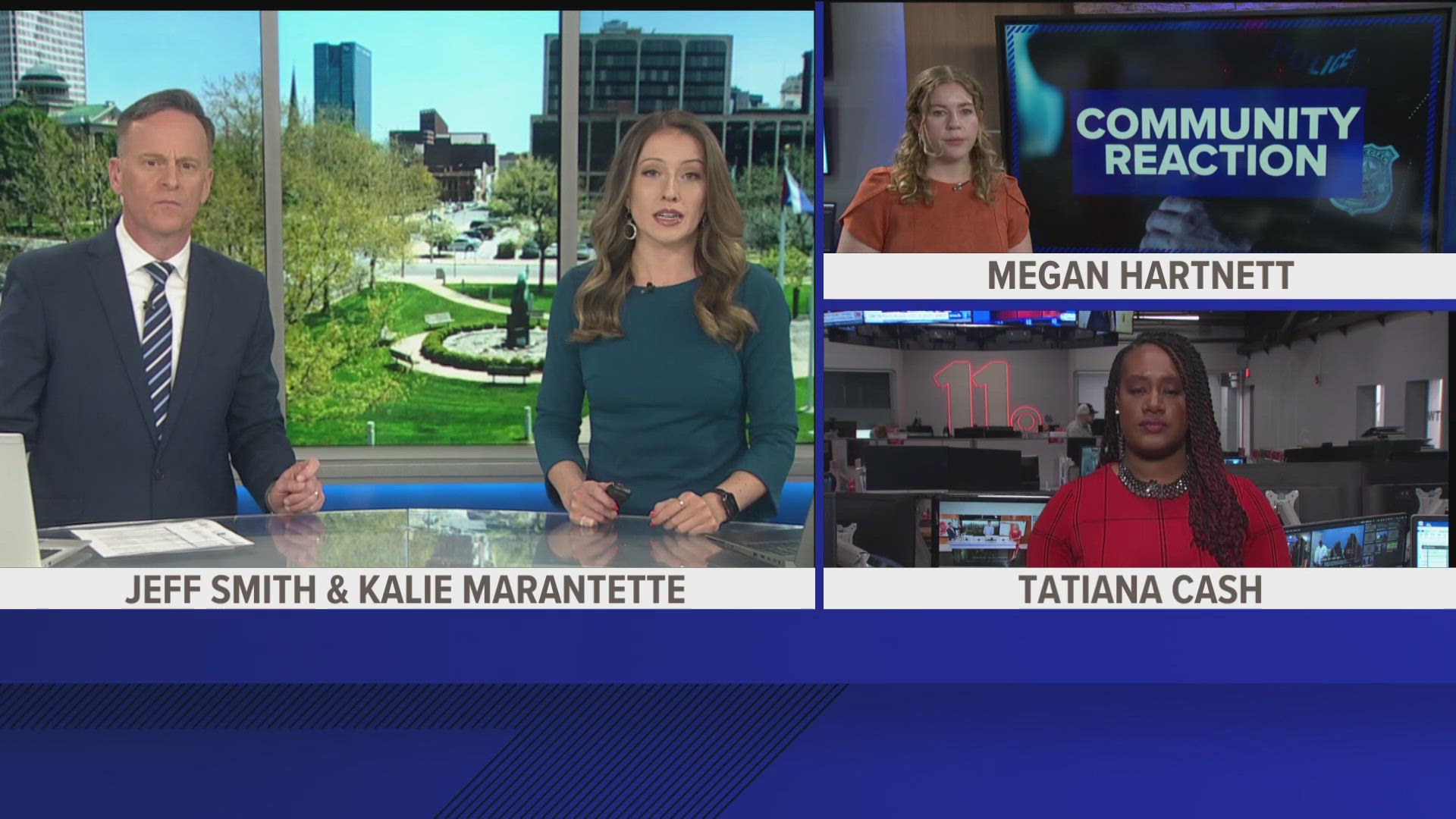TOLEDO, Ohio —
The Canton Police Department released footage showing the death of 53-year-old Frank E. Tyson while he was in police custody.
Two northwest Ohio former police officers reacted to the footage and shared their initial thoughts with WTOL 11, along with what they felt could have happened differently.
A former local police chief said he did not see a lot wrong with what officers did. He said it's difficult to have a full opinion because the cause of death is still unknown, however, he said he does not think the death resulted from officers' actions.
The former police chief said it appeared to him that Tyson was in a state of delirium. He said when people are in a state of delirium and then restrained, it's not uncommon for them to pass out.
Earl Mack, who is a former police officer for many law enforcement agencies, said he has never seen that happen. He said he thinks it's how officers responded.
"If you place your knee or your bodyweight on the back of someone's neck, once they're under arrest and lying flat down, those things will happen," Mack said.
Mack said officers are not trained to put their knees that close to someone's neck.
According to the video, the Canton officer checked Tyson's pulse 5 minutes and 34 seconds after removing his knee.
The former police chief said there is no standard on how often officers should check on someone once they pass out.
Mack said officers should have continued providing care to Tyson once he was restrained.
"Your job continues, once the person is in handcuffs," Mack said. "They are in your care for their safety."
The former police chief said officers should have turned Tyson on his side.
Mack said officers should have gotten Tyson off the floor.
"Once you put the handcuffs on someone who's on the ground, you bring them up off the ground so that they can stand or sit them in a chair," Mack said.
Mack said the officers should have talked more with Tyson when restraining him. He said they should have explained what is going on and why they were taking certain actions.
"These incidents should be lessons for those leaders of police departments," he said. "All officers need to be trained. They need additional training."
He said training should focus on police relations with the community.
"The more we get away from that, the more these incidents will happen," Mack said.

